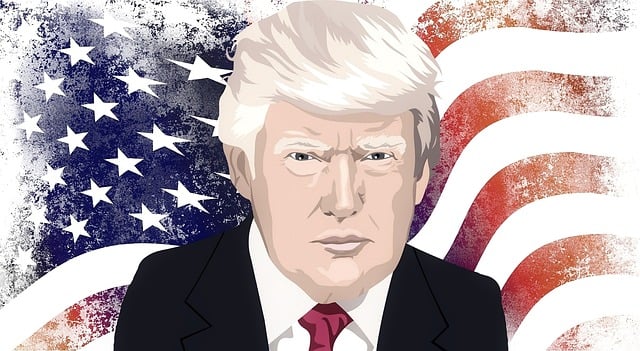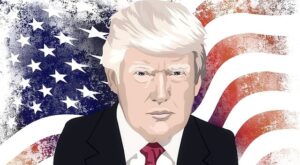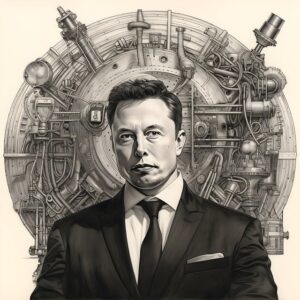Following the results of the US election, Nvidia, the AI chip giant, saw its stock soar to new heights, and the price of Bitcoin surged, signaling a positive outlook for certain segments of the technology industry under a potential Trump administration. Tesla, the electric vehicle (EV) company, also saw a nearly 15% increase in its stock, likely pleasing CEO Elon Musk, who was recently praised by Trump as a “super genius.”
However, for the millions of users who don’t hold stock in Silicon Valley companies but use their products, the question arises: will they continue to engage with Musk’s social media platform, X, now that it’s likely to be influenced by a Trump-led administration? Trump has suggested that Musk may play a significant role in “recommending drastic reforms” for federal agencies, giving him potential influence over the regulation of tech companies like his own.
X has already faced criticism for amplifying misinformation, which some argue contributed to the spread of false claims during the election. The prospect of a Trump administration addressing this issue seems unlikely, with independent tech analyst Benedict Evans stating that Trump supports misinformation and that content moderation, in his view, has been overreaching. This could signal a shift towards less regulation and more content amplification on social media platforms, possibly with a conservative tilt.
Under a Trump presidency, significant developments in AI and the influence of major tech firms such as Apple, Google, Meta, Microsoft, and Amazon will be pivotal. These companies control vast data and computational resources that impact the global economy and social structures. Trump, a populist critic of elites, may look to challenge tech monopolies, as evidenced by his administration’s investigation into Google for anti-competitive practices. He has previously criticized Google for allegedly suppressing positive news stories and threatened legal action against Facebook over election interference.
Despite his tough stance on big tech during his first term, Trump has recently aligned himself more closely with tech companies, particularly Elon Musk. His administration may confront ongoing cases challenging the market power of tech giants, though it’s expected that Trump could dismiss anti-monopoly leaders like Lina Khan, chair of the Federal Trade Commission. However, Trump’s vice-presidential pick, JD Vance, has expressed support for Khan’s anti-monopoly approach, particularly regarding tech mergers that could lead to censorship.
Trump has also emphasized the global importance of tech giants for US national security, especially as AI becomes a critical issue. He has argued that companies like Google contribute to US global influence and expressed concern that China could rival the US in AI development. Trump has suggested that rather than breaking up companies like Google, steps could be taken to ensure they remain competitive with China.
In terms of policy, Trump faces several dilemmas, such as whether to restrict China’s access to advanced AI microchips and whether AI code should remain open-source or be protected to limit its spread to geopolitical rivals. Additionally, Trump’s stance on cryptocurrency has shifted from skepticism to support, with the industry hoping for lighter regulation following significant donations to his campaign. Crypto-linked stocks have seen substantial gains, reflecting optimism about the potential regulatory landscape under Trump.
Regarding the EV industry, if Trump were to reduce incentives for manufacturers, it could hurt the overall market but benefit Tesla, as Musk’s company holds a competitive edge. Reports suggest that Trump may only adjust subsidies rather than eliminate them entirely. If tariffs on Chinese imports are increased, this could further benefit Tesla by limiting competition from cheaper Chinese EVs.


